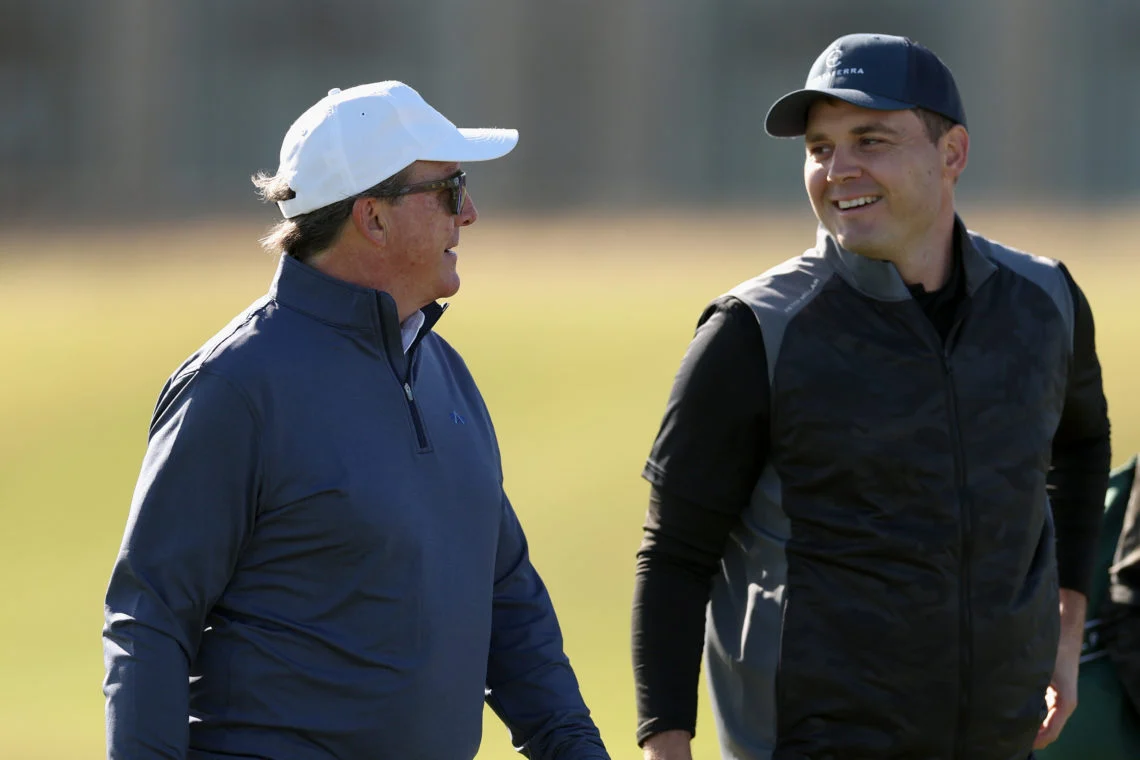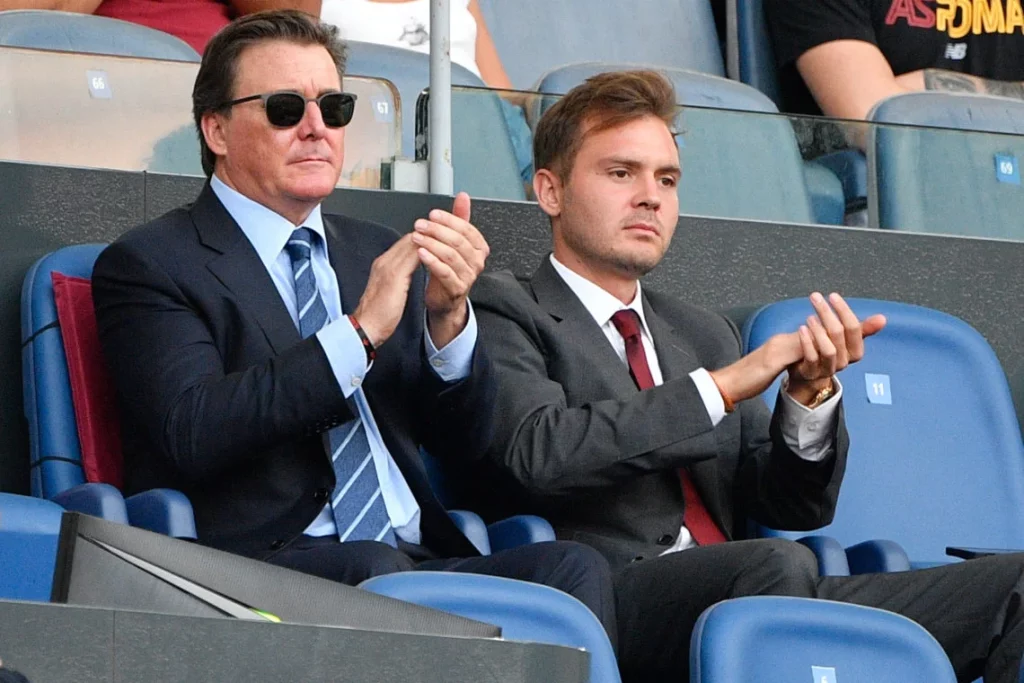
With The Friedkin Group now officially installed as owners, the keys to Bramley Moore Dock in their back pockets, and a new financial setup, it is fair to say now is a time of seismic change for Everton.
For the supporters who have had to shoulder the stress of their club perpetually dancing on the margins of Profit and Sustainability Rules (PSR), the end of the Farhad Moshiri era is a huge relief.
But even though the arrival of Dan Friedkin on Merseyside is a huge step forward, the Moshiri era will cast a long shadow for some time to come.
Everton are still at risk of another points deduction, for example, because of the ongoing dispute about the capitalisation of interest payments for PSR purposes on loans taken out to build Bramley Moore Dock.
The Toffees are preparing for a hearing into that matter, although the fact that the Premier League’s legal team have been tied up with Man City’s 115 charges case has delayed proceedings.
Sean Dyche’s side earned a creditable point against Chelsea on Sunday, but they are still looking over their shoulder at the bottom three.

In the almost unthinkable event that they are relegated this season, fingers would be pointed at Moshiri’s overspending in his early years at Goodison that has since restricted their ability to recruit.
Behind the scenes, Friedkin has been tackling Everton’s debt situation, restructuring it and reducing the short-term burden on a club that have little room for manoeuvre in terms of spending rules.
And new developments have show that the American billionaire has made his biggest move yet in this regard, which will have consequences in 2024-25 and beyond.
Everton in line to pay penalty clause for settling RMF debt, says finance expert
The exact figures are somewhat disputed, but Everton were straining under the weight of almost £700m worth of debt when Friedkin first entered talks with Moshiri.
The biggest individual loan was a £225m agreement with Rights and Media Funding, which is said to have an interest rate of over 10 per cent.
That meant Everton were paying £22.5m in interest per year on the loan, and that would have continued to eat into their breathing space in terms of PSR.
But now, a Companies House filing shows that the debt has been settled, with Friedkin believed to have personally struck a new deal with JP Morgan, as opposed to placing the burden on Everton themselves.
Speaking exclusively to TBR Football, Liverpool University football finance lecturer Kieran Maguire says that the Toffees have likely paid an early termination fee to Rights and Media Funding.
“I think we have to be a little bit cautious because there could be an early penalty with the RMF loan. That is fairly standard.
“We don’t know the small print, but The Friedkin Group would appear to have a much better credit rating than the previous regime and should therefore be able to borrow money at better rates.
“The previous regime was seen as distressed by the credit markets
The Friedkin Group is effectively transferring the loan and putting some equity in. There will be marginal PSR benefit in 2024-25 at best.
“Everton fans can look forward to 2025-26 with more enthusiasm because, first of all, it is the first years of the higher matchday and commercial income, plus the interest rates will be tapering down.
“I think there will be an interest cost, because otherwise it would caught by the APT rules.
How transformative will Bramley Moore Dock be for Everton’s finances?
Assuming Everton are in the Premier League next season, their new stadium on the banks of the Mersey could add as much as £40m per season in commercial and matchday income.
Goodison Park is currently generated less than £1m per match.
As well as a significant capacity boost, the new stadium will also be commercially orientated, extracting more cash from fans on the concourses and on the wider site.
A naming rights deal, which could be worth north of £10m per season, is also just the tip of the iceberg in terms of the commercial benefits of Bramley Moore Dock.
The stadium has been designed as a multi-function arena, so Everton could also rival Liverpool to host concerts and other non-football events, which can be worth several million per time.

